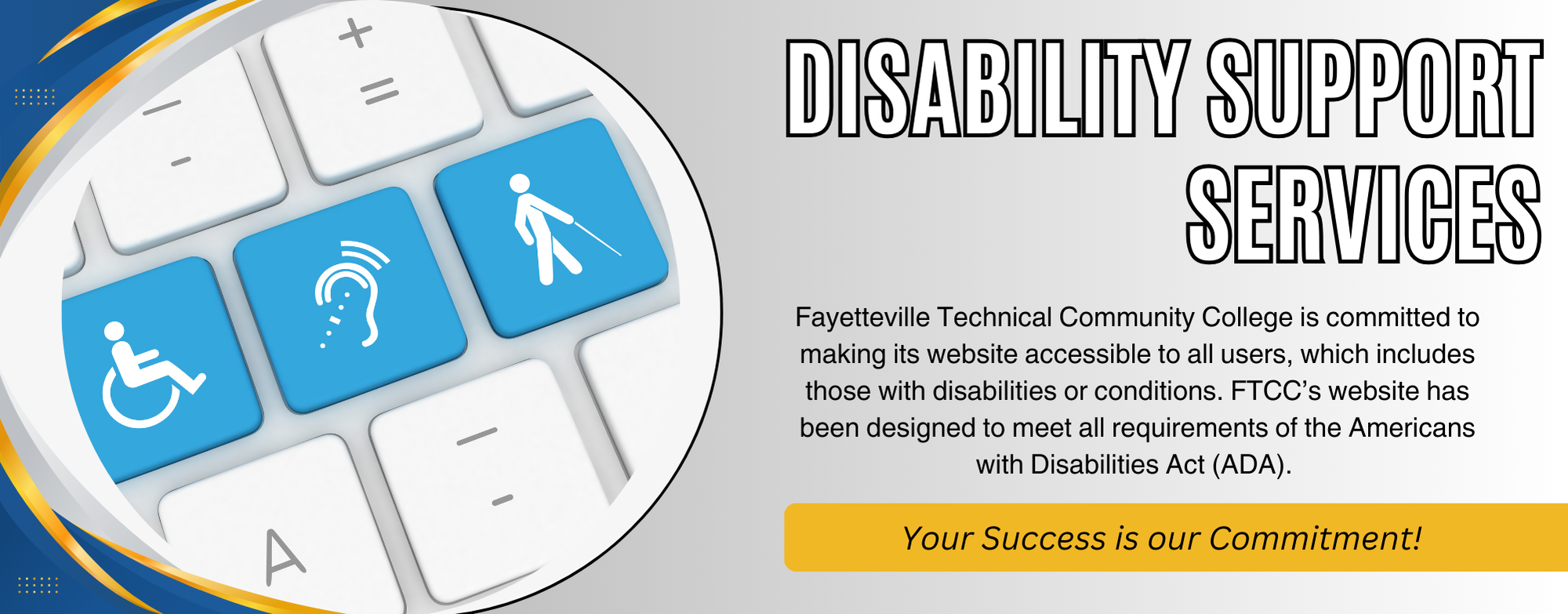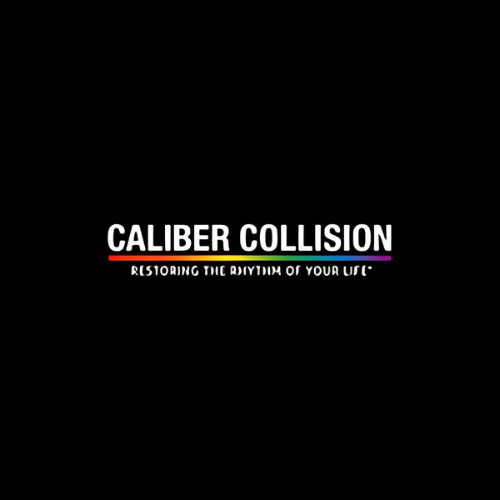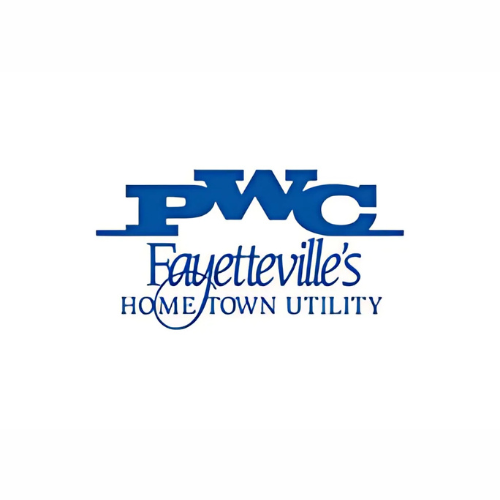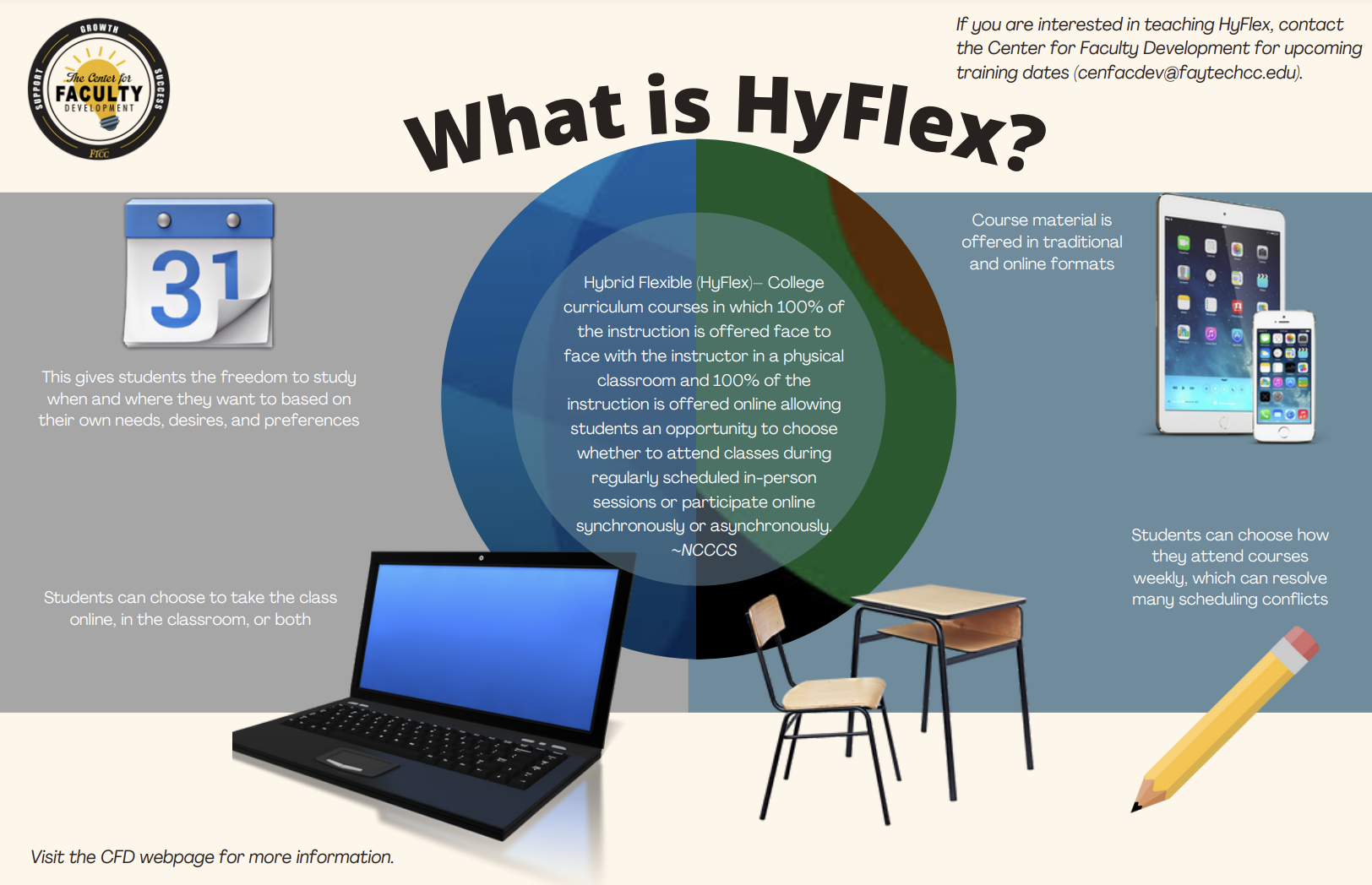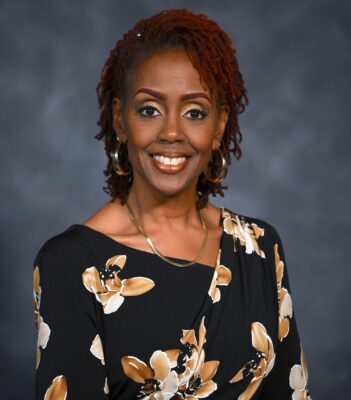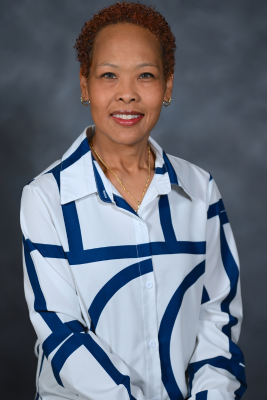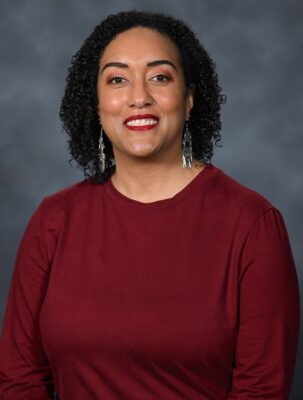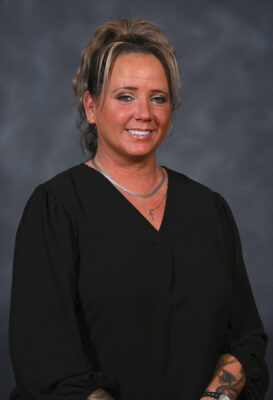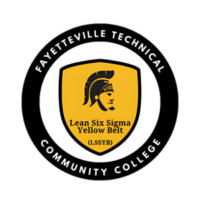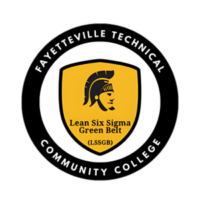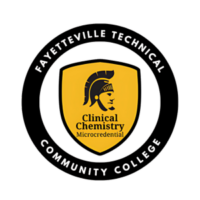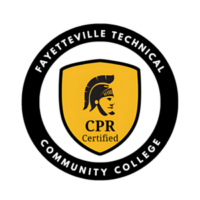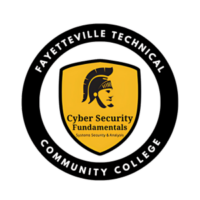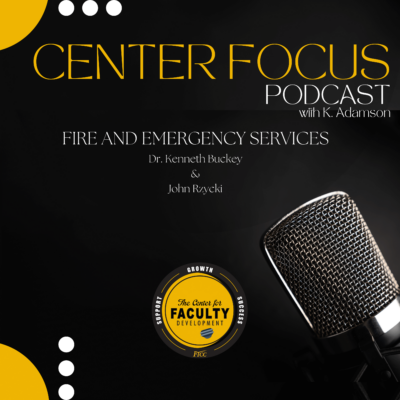2201 Hull Rd., Fayetteville, NC 28303
Dr. Margarete (Maggy) Morley
Message from the Director
Fayetteville Technical Community College is committed to the equality of educational opportunities for qualified students and provides academic and technology resources to support student success while pursuing academic goals. Support services are provided for all registered students (day, evening, and online) with physical, psychological, or learning disabilities, but it is the responsibility of the student to request accommodations and provide appropriate documentation of the disability.
Dr. Margarete (Maggy) Morley
Interim Director of Disability Support Services (DSS)
Resources for Current and Prospective DSS Students
Prospective DSS Students
- Complete the electronic intake packet form by adding the appropriate supporting document(s).
- Please find the Medical documentation guidelines here.
- Once we have received your intake packet and supporting documentation, your information packet will be presented to the Disability Support Services office for review.
- When your documentation has been approved, the director of DSS will contact you, and you will be able to schedule an in-person or virtual initial interview. This meeting will include an interactive discussion regarding available accommodations and any other information deemed necessary for equal access.
- During your initial interview, you will be provided a service contract outlining your approved accommodations. After you have signed the contract, you can submit a semester request to have your accommodation notice sent to your instructors.
NOTE: If you prefer to drop off your information in person, print the intake packet, attach it to your supporting documentation, and bring it to the Tony Rand Student Center, Room 127.
Documentation is accepted throughout the semester, but these months provide the best outcomes:
- Starting in April for the Fall semester
- Starting in September for the Spring semester
- Starting in February for the Summer term
If you have any questions, email ada@faytechcc.edu or call 910-678-8559.
Compare Disability Support Services

Disability Support Services
Comparing Disability Services Between High School and College
In planning a successful transition to college, it is important for students to understand that colleges have different responsibilities from high schools when it comes to providing accommodations for students with disabilities.

- IDEA: children with disabilities are entitled to a “free and appropriate public education”
- Section 504-D: Accommodations may include shortening assignments, notes on test, or other accommodations that are not available to other students
- An IEP or 504 plan involves teachers, counselors, and parents
- Guarantee of success
- ADA: Students cannot be denied admission due to disability but must be otherwise qualified for college
- Section 504-E: Colleges must maintain academic standards, so no accommodations can fundamentally alter a class or program. For example, shortening assignments or allowing notes during exams is not appropriate.
- IEPs and 504 plans do not exist
- Guarantee of access
- Students are identified and supported by teachers and parents.
- Responsibility for accommodations primarily belongs to the school.
- Students must self-identify to Disability Support Services
- It is the student’s responsibility to request accommodations, and it is the student’s choice whether or not to use approved accommodations in each class
- Classroom teachers have a copy of a student’s IEP or 504 Plan, understand the student’s disability, and attend meetings about individualized plans.
- Instructors receive a brief letter of accommodations, not detailing the disability or diagnostic data. Students may choose to disclose more information.
- Parents are involved in IEP or 504 plan meetings.
- Parents often have access to a student’s grades.
- Parents often receive calls or emails if a student is not doing well in classes.
- Parents do not have access to disability records or grades without the student’s written consent from the student.
- Parents do not have access to grades without written
consent from the student - Even with written consent, college instructors will
communicate with students, not parents

